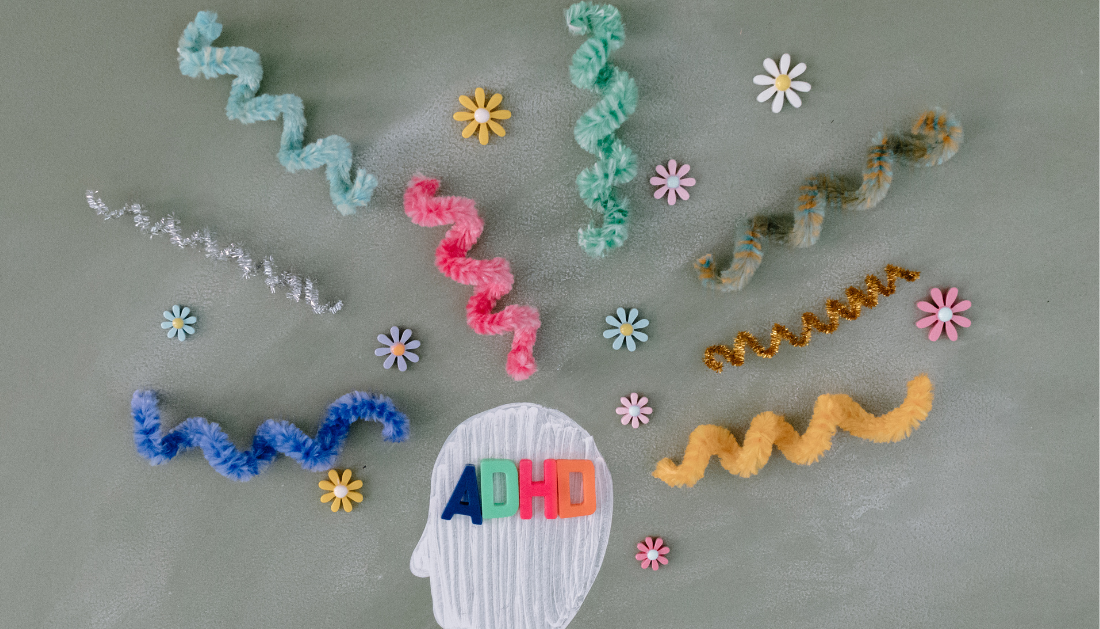

The Gut Health-Brain Axis and ADHD: A New Area of Study
A recent review in Frontiers in Nutrition suggests that capsaicin, the active compound in chili peppers, may influence ADHD symptoms through its effects on the gut health microbiome and neurotransmitter regulation.
Attention deficit hyperactivity disorder (ADHD) affects millions worldwide, impacting focus, impulse control, and behavior. While medications like methylphenidate and atomoxetine help manage symptoms, they can cause side effects such as mood instability, insomnia, and appetite loss.
Could dietary interventions provide a safer, complementary approach?
Chili Peppers, Gut Health Microbiota, and Brain Function
Scientists believe gut bacteria play a crucial role in ADHD by influencing dopamine and serotonin production—neurotransmitters essential for mood, attention, and impulse control.
Key findings from gut-brain research:
- ADHD patients show lower gut microbial diversity
- Lactobacillus levels are lower in individuals with ADHD
- Transplanting ADHD-associated gut microbes into mice led to brain structure changes
Chili peppers contain compounds that may enhance gut health and regulate neurotransmitters, potentially improving focus and reducing hyperactivity.
How Capsaicin Might Affect ADHD
Capsaicin, known for its spicy kick, has been linked to:
- Increased serotonin and dopamine—essential for mood and attention
- Reduction of oxidative stress—a contributor to ADHD pathology
- Enhanced gut health microbial balance—boosting beneficial bacteria like Akkermansia and Prevotella
Vitamin C in chili peppers may also reduce brain inflammation and oxidative stress, while omega-3 fatty acids found in some varieties may support cognitive function.
Potential Risks & The Need for More Research
Limitations & Concerns:
- Most studies are animal-based or theoretical—human trials are needed
- Excessive capsaicin can cause gut irritation and neurotoxicity
- No evidence yet that chili peppers directly improve ADHD symptoms
Conclusion: A Spicy Future for ADHD Research?
While chili peppers show promise, they are not a replacement for ADHD medications. However, dietary changes may play a supportive role in managing symptoms. Further clinical trials are needed to determine if capsaicin-based interventions could become a viable ADHD therapy. Join American Neurology Summit 2025 for the latest neurology updates.
More Information: The possible effects of chili peppers on ADHD in relation to the gut microbiota. Li, Y., Feng, J., Ding, G., Deng, L., He, Y., Zhang, Q., Wang, J., Chen, X. Frontiers in Nutrition (2025). DOI: 10.3389/fnut.2025.1551650
more recommended stories
 CTNNB1 Syndrome Study Explores Beta-Catenin Defects
CTNNB1 Syndrome Study Explores Beta-Catenin DefectsKey Takeaways Researchers in Spain are.
 Advanced Prostate Cancer and Serial ctDNA Analysis
Advanced Prostate Cancer and Serial ctDNA AnalysisKey Takeaways Serial liquid biopsies using.
 Tuberculosis Breakthrough with Experimental Antibiotics
Tuberculosis Breakthrough with Experimental AntibioticsKey Takeaways Experimental antibiotics disrupt a.
 National Healthy Longevity Trial Receives Federal Support
National Healthy Longevity Trial Receives Federal SupportKey Summary Up to $38 million.
 Vascular Health Linked to Early Alzheimer’s Brain Changes
Vascular Health Linked to Early Alzheimer’s Brain ChangesKey Takeaways Brain vascular health is.
 Red Blood Cells Improve Glucose Tolerance Under Hypoxia
Red Blood Cells Improve Glucose Tolerance Under HypoxiaKey Takeaways for Clinicians Chronic hypoxia.
 Nanoplastics in Brain Tissue and Neurological Risk
Nanoplastics in Brain Tissue and Neurological RiskKey Takeaways for HCPs Nanoplastics are.
 AI Predicts Chronic GVHD Risk After Stem Cell Transplant
AI Predicts Chronic GVHD Risk After Stem Cell TransplantKey Takeaways A new AI-driven tool,.
 Red Meat Consumption Linked to Higher Diabetes Odds
Red Meat Consumption Linked to Higher Diabetes OddsKey Takeaways Higher intake of total,.
 Pediatric Crohn’s Disease Microbial Signature Identified
Pediatric Crohn’s Disease Microbial Signature IdentifiedKey Points at a Glance NYU.

Leave a Comment